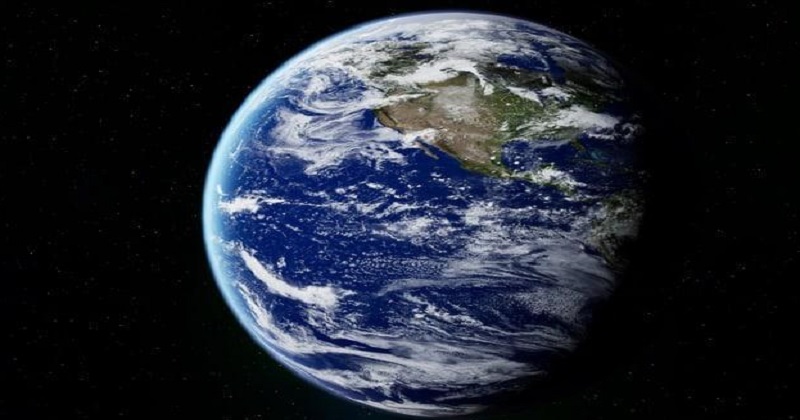
Warming ocean waters, according to research, have resulted in the decrease in Earth’s brightness. Our globe currently reflects roughly half a watt less light per square metre than it did 20 years ago, with the majority of the decrease coming in the latest three Earthshine data years.
Researchers utilised decades of Earthshine data to reach their conclusion, which was published in the journal Geophysical Research Letters. The light reflected from the Earth that brightens the moon’s surface is known as earthshine. As per researchers, the drop in reflected light is estimated to be equal to a 0.5% fall in the Earth’s reflectance. The study said that it reflects roughly 30% of the sunlight it gets.
According to Philip Goode, a researcher at the New Jersey Institute of Technology and the primary author of the study, ‘the albedo drop was such a surprise to us when we analysed the last three years of data after 17 years of nearly flat albedo.’
Goode is referring to Earthshine data collected by the Big Bear Solar Observatory in Southern California between 1998 and 2017. When the most recent data was compared to prior years, the researchers saw a diminishing tendency. They pointed out that the quantity of net sunlight reaching the Earth is affected by two factors: solar brightness and the planet’s reflectivity.
Their observations did not match the Sun’s periodic variations in brightness, implying that changes in reflectiveness of the Earth are caused by something on the planet itself. There has also been a decrease in brilliant, reflecting low-lying clouds over the eastern Pacific Ocean in recent years, said in the study of NASA’s Clouds and the Earth’s Radiant Energy System (CERES).
Also Read: Remembering India’s second PM Lal Bahadur Shastri on his 117th birth anniversary
According to the researchers, this is the same location where the rise in sea surface temperatures are seen due to the reversal of a meteorological state with plausible links to global climate change. The Earth’s dimming is also seen in the amount of solar energy collected by the climate system. Once this extrasolar energy reaches Earth’s atmosphere and oceans, it can contribute to global warming.
‘It’s actually quite concerning,’ said Edward Schwieterman, a planetary scientist at the University of California, Riverside, who was not involved in the research. Many scientists had thought that as the Earth warms, more clouds and greater albedo will form, helping to limit warming and balance the climate system. ‘But this shows the opposite is true,’ Schwieterman added.

Post Your Comments